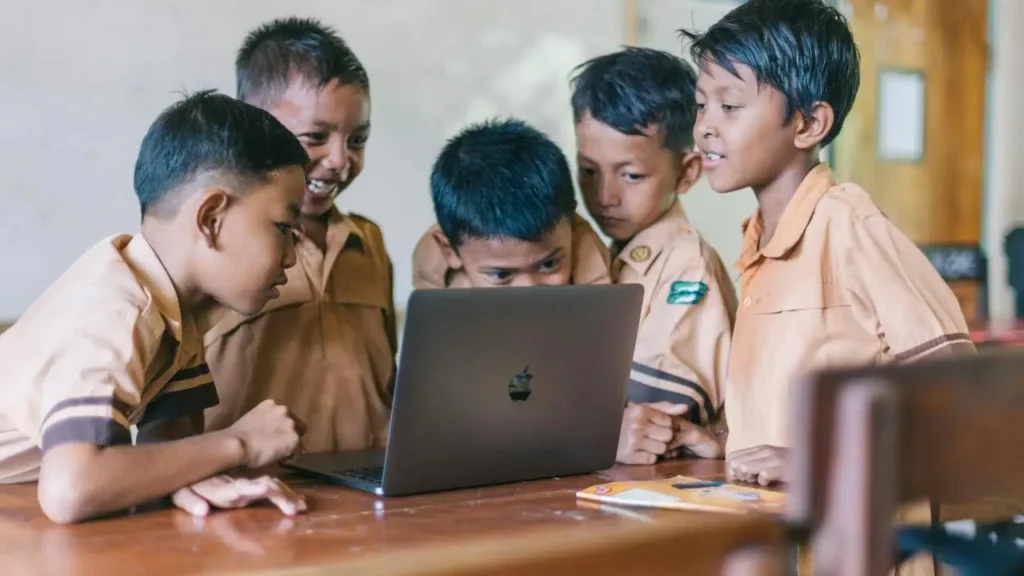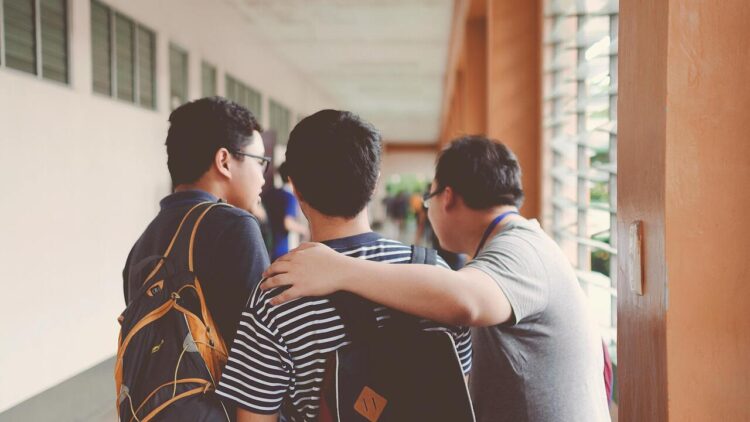In recent weeks, Bangladesh students have witnessed a surge in student protests across various universities and colleges. The catalyst for this unrest is the demand for greater academic freedom and fairness within the education system. Students have voiced their frustrations over issues such as outdated curriculums, administrative corruption, and lack of transparency in grading systems.
The protests began when several students highlighted discrepancies in examination results and alleged favouritism in faculty appointments. These issues, coupled with long-standing grievances over insufficient resources and facilities, have galvanized the student body into action.

Check Out Powerful Manipur Earthquake: 3.3 Magnitude Tremor Strikes Ukhrul
Marches and sit-ins have become a common sight, with students calling for reforms that ensure equal opportunities for all, fair evaluation processes, and an end to administrative malpractices. The movement has garnered widespread support from alumni, educators, and civil society groups who believe that addressing these issues is crucial for the country’s academic integrity and future.
Bangladesh Student Protests Impacts
Government and university authorities have acknowledged the protests, promising to review the students’ demands. However, protest leaders remain sceptical, insisting on concrete actions rather than verbal assurances. As the situation continues to develop, the spotlight remains on how the authorities will respond to these calls for change and whether they will take the necessary steps to restore trust in the education system.
This wave of protests is not just about immediate grievances but also reflects a broader desire among the youth for a more just and equitable society. As such, it represents a significant moment in Bangladesh students’ ongoing struggle for educational and social reform.
To get more out of our exclusive news, Join us on our WhatsApp Channel, Facebook, X, and Instagram.















